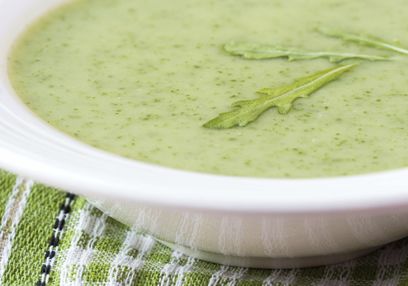Migraines
There is some good evidence to suggest that migraines can, in fact, be associated with your liver and its health status—particularly, non-alcoholic fatty liver disease (NAFLD), which arises from chronic consumption of excess sugars in a typical North American diet…
Migraines are believe to result from a combination of blood vessel enlargement, and abnormal blood vessel contraction. When an artery enlarges, it causes a release of pro-inflammatory chemicals that can cause pain. This result in swelling of the artery, which prolongs the pain and recovery time. This article briefly goes over the link between migraine headaches and liver health.
What is a liver migraine?
As you may be aware, the liver is the organ that metabolizes (and detoxifies) millions of substances that enter the body. Environmental pollutants, food quality and food additives, alcohol consumption, and prescription medications etc. all affect the rate at which the liver works and can lead to serious damage (e.g. NAFLD, fibrosis, cirrhosis, etc.). The connection between the liver and migraine headaches has to do with vascular (blood vessels) changes associated altered serotonin metabolism.
Serotonin, an important neurotransmitter (a messenger molecule released from nerve cells), is metabolized by the liver. Some researchers now believe that by improving liver function and by normalizing serotonin metabolism, the frequency and severity of migraine headaches may be reduced.
Do other things cause liver migraines?
Some people have noticed a connection between certain foods and their migraines. Some of these foods include chocolate, aged cheeses and fermented products, but scientific evidence is inconsistent in proving any association. Wines have also been known to be culprits, but it is unknown if reds or whites cause migraines.
Another very popular food additive and flavour enhancer, MSG, has been known to trigger migraine headaches in some people. What all these products have in common is that they may be able to stimulate the neurotransmitters that are overly active during a migraine.
Another consideration is female hormones. Among women, those who tend to suffer from migraines are more likely to experience them around the time of their periods—usually around two days prior to first flow. In some instances, migraines are more severe during menstruation than at any other time of the month. Because estrogen and progesterone levels decline prior to menstruation, it is believed that the mechanism for triggering liver migraines is elicited—decline in these hormones lead to vascular changes—and needless to say, it is the liver that metabolizes and clears our estrogen.
What are the triggers?
Common migraine triggers can include:
- Sensitivities to allergens (e.g. cigarette smoke)
- Obnoxious stimulus (e.g. bright lights, loud noises, odours or perfume)
- Overexposure heat (or sunlight)
- Changes in sleep patterns or irregular sleep
- Skipping meals or fasting
- Alcohol consumption (e.g. red wine)
- Birth control pills, hormone fluctuations during menopause onset
- Foods containing tyramine (e.g. wine, cheese, chocolate, etc.)
- Foods containing nitrates (e.g. hot dogs, and salami)
It is worth knowing that exposure to a trigger doesn’t necessarily mean you will experience a migraine; conversely, avoiding a trigger does not always prevent migraines. To find out more, speak with a qualified health care provider.
What can be done to help
Fortunately, there is a world of treatment options for people, but—there’s always a but—nothing is ever guaranteed. The first step is always to consult with a qualified health care provider. It may be important to requisition blood work and do other tests. This is vital in people with NAFLD, which is common in individuals with metabolism syndrome (overweight, hypertensive, pre-diabetic).
Dietary (e.g. Mediterranean diet) and exercise regimens are your best friend here. Other alternatives include analgesic medication and NSAIDs, narcotics (prescription only, so speak with a physician).
There are natural therapies that may include butterbur root (Petasites hybridus) and feverfew leaf (Tanacetum parthenium); the use of certain topical essential oils (e.g. peppermint); and the use of acupuncture.
Specifically to the liver, alongside a balanced diet (low in sugars, sweets, sodas, and carbohydrates) milk thistle (Silybum marianum) has a long historical use for normalizing liver function and one of the few herbs with a strong scientific record.







